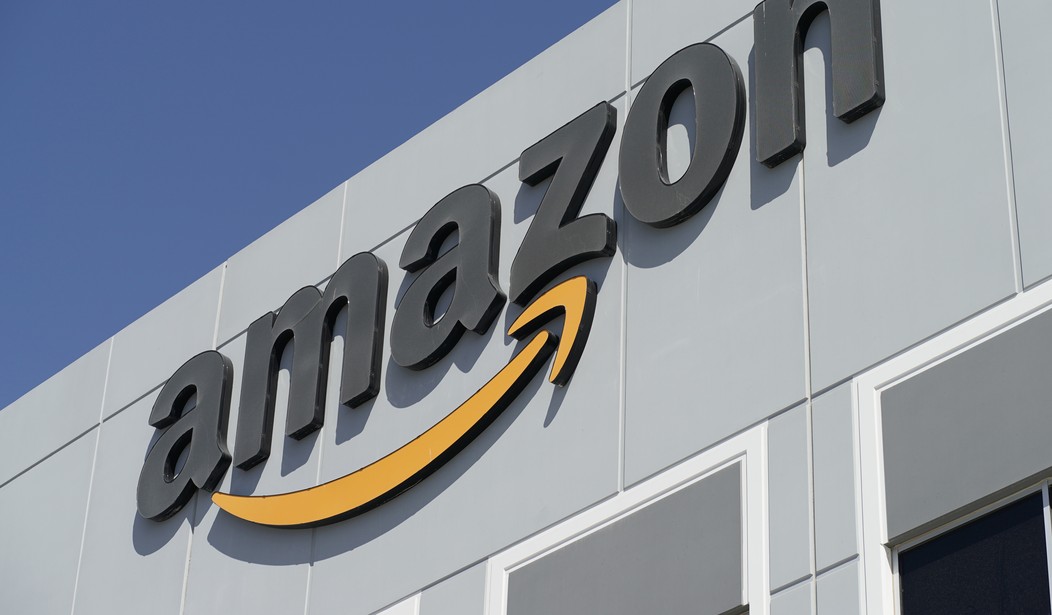The opinions expressed by contributors are their own and do not necessarily represent the views of RedState.com.
Remember when all those corporations went full woke after the murder of George Floyd? Amid nationwide unrest major companies bent over backwards to show the nation – and customer base – how deeply they care about the plight of black Americans.
These corporations waxed virtuous about how much they revile the scourge of systemic racism and vowed to do something to eradicate anti-black bigotry. To this end, they pledged oodles of cash to various antiracist initiatives.
Even though it turned out that many of these companies were just kidding when they promised to donate millions of dollars to causes designed to help black people, they still proclaimed their dedication to the movement.
One of the most common steps taken by CEOs and other business leaders was hiring professionals to promote racial diversity among their staff. It was at this time that the Diversity, Equity, and Inclusion (DEI) industry became quite lucrative. In fact, a Globe NewsWire report estimated that the industry is worth a whopping $7.5 billion.
Introducing DEI into the corporate environment was seen as the most trendy way for corporations to pretend they are fighting the good fight against the oppression of black people. It was supposed to be a way to promote equity by making sure folks of all races were represented in the workforce.
But, as with the millions of dollars pledged to black causes, it appears these companies were just kidding about that too. A recent Bloomberg report revealed that DEI officials are being laid off at surprisingly higher rates as companies are reorganizing their priorities. “The layoffs sweeping the technology industry are gutting diversity and inclusion departments, threatening company pledges to boost underrepresented groups in their ranks and leadership,” according to the report.
The author continued:
Listings for DEI roles were down 19% last year — a bigger decline than legal or general human resources jobs saw, according to findings from Textio, which helps companies create unbiased job ads. Only software engineering and data science jobs saw larger declines, at 24% and 27%, respectively.
Bloomberg News identified DEI professionals who lost their jobs in recent weeks at Amazon.com Inc., Meta Platforms Inc., Twitter Inc. and Redfin Corp. Many said they expect their responsibilities will go to former colleagues who remain or to employee resource groups, which often don’t get compensated for that work.
A spokesperson for Amazon assured the public that the company’s objectives as they pertain to diversity, equity, and inclusion have not been changed. Another spokesperson for Redfin claimed the company has been investing in growing its DEI program since 2021.
Textio Chief Executive Officer Kieran Snyder told Bloomberg: “I’m cautiously concerned — not that these roles will go to zero but that there will be a spike in ‘Swiss army knife’ type roles.”
This represents a significant turnaround from how things progressed after George Floyd. “In the three months after George Floyd’s murder, DEI job postings jumped 123%, according to data from jobs site Indeed,” Bloomberg explained.
“Cutting DEI oriented staff now, unless you’ve made really progress and can say ‘mission accomplished’ is not a good look,” said Angie Kamath, dean at the NYU School of Professional Studies. “There are some real risks.”
So, what do we make of this development then?
For starters, it shows something that we all know: None of these initiatives were beneficial for the bottom line of these companies. Indeed, virtue signaling might make for some good press, but the return on investment leaves much to be desired. To put it simply, hiring DEI professionals is expensive and does not yield much fruit.
Lastly, this story shows us something else that even Mr. Magoo could have seen from a mile away: None of these companies care about black people nor were they serious about pushing back against the impact of racism in society. If they were, they would have found some other corners to cut instead of quickly jettisoning the DEI staff.
In the end, it would not even make sense to refer to these DEI employees as affirmative action hires. Instead, they were virtue-signaling hires designed to give the appearance of promoting diversity to avoid the wrath of the Cancel Culture Community and the woke Sanhedrin. In essence, these employees were who the company planned to point to as their “black friends” when someone accused it of being racist. Again, it was nothing more than a façade intended to stay in the good graces of the public, and these layoffs are the logical outcome of such a farce.














